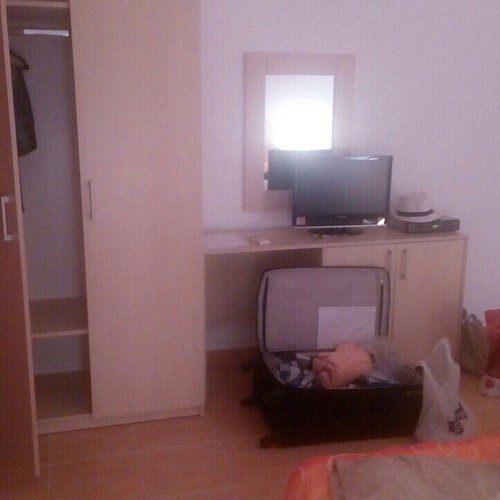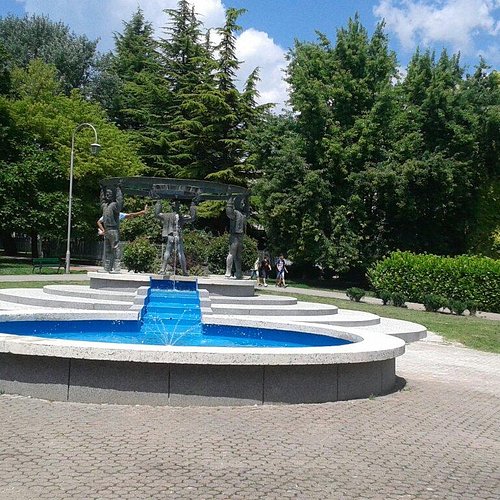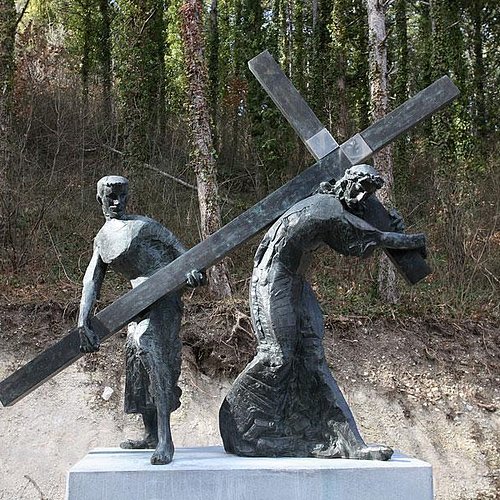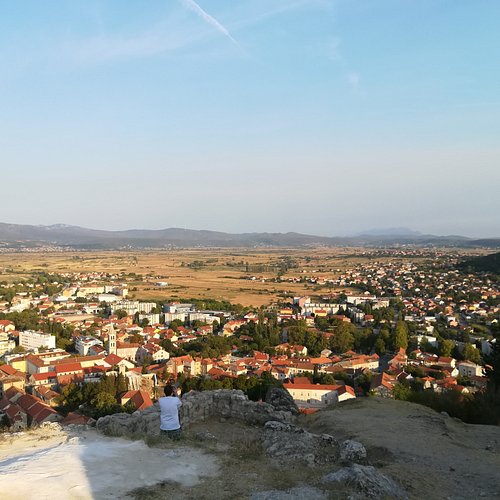Things to do in Sinj, Dalmatia: The Best Sights & Landmarks
Sinj (pronounced [sîːɲ]) (Italian: Signo, German: Zein) is a town in the continental part of Split-Dalmatia County, Croatia. The town itself has a population of 11,478 and the population of the administrative municipality, which includes surrounding villages, is 24,826 (2011).
Restaurants in Sinj
1. Alka Knights Court (Kvartiri)
Overall Ratings
5.0 based on 1 reviews
The court was built in 1760 as a square fort with a two-building complex. Name Kvartiri (Fr. quartier - lodging, military camp) indicates fort's original purpose, the barracks for the Croatian cavalry. The Alka Knights Court (Kvartiri) is cultural property under protection of the Ministry of Culture of the Republic of Croatia.
2. Vjera Villa
Overall Ratings
5.0 based on 1 reviews
This house was bought by the Tripalo family from the then landowner and lawyer Ramagnolo, for their daughter Vjera on the occasion of her marriage. Sinj Tax Administration office is at present located in the restored villa. It bears the name of the owner.
3. Three generations monument
Overall Ratings
5.0 based on 2 reviews
4. Gaius Laberius
Overall Ratings
4.5 based on 2 reviews
A tombstone of a seven-year-old Roman boy Gaius Laberius holding a ball with hexagons joined in the manner of a net-like ornament. The symbol of a real leather ball, it is considered firm evidence that football in Europe was first played in the Cetinska Krajina Region. It was found in the Tilurium site, in the locality of Gardun, and dates back to the 2nd century. Today the tombstone is built into the front wall of the Perković family-owned stone building in Vrlička ulica at number 10 in Sinj. Made of limestone, the monument is 113 centimetres high and 46 centimetres wide. At the bottom there is a two-part inscription, the first part of the inscription being in a well-defined frame and informing about Gaius Laberius, whereas the second part is an inscription by an unkonown author dedicated to the boy. The central part is a round medallion framed with ornaments, bearing a portrait of the boy who holds the ball in his right hand. At the top of the monument there is a frieze showing a kantharos (a large two-handle vase), a dolphin and the head of Medusa (in ancient mythology, the personification of evil) and a triangular gable with acroteria (plastic ornaments of tops and corners) in the shape of lion’s paws. The head of Atis is sculptured in the triangular gable. Even though football was played at Gardun among Roman soldiers and sons of the rich, originally the game was Illyrian and the Delmates had played it long before the Roman troops arrived.
5. Stations of the cross at the old town
Overall Ratings
4.5 based on 4 reviews
6. Fortress of Sinj
7. Danek villa
Overall Ratings
3.0 based on 1 reviews
A revival-style house in the centre of Sinj was built by the Polish immigrant Adolf Danek. The eastern façade of the three-storey house is ornamented with diagonally-set ashlar blocks and a terrace fenced in a classicist manner, whereas the openings have iron edging. An ornamental prominent cornice is set of the two-storey north wing, whereas a two-wing opening with a wrought iron fence is reinforced with monumental sculptures of caryatid and atlas. There used to be a garden west of the house. The Danek Villa is immovable cultural property under protection of the Ministry of Culture of the Republic of Croatia.
8. At the spring
9. Petrovac fountain
10. Tripalo Palace
Due to its historical value, this Palace has been given the landmark status. It was built in the 19th century, in the very centre of Sinj, near the Church of the Miraculous Madonna of Sinj. The building bears a tablet with an inscription.








